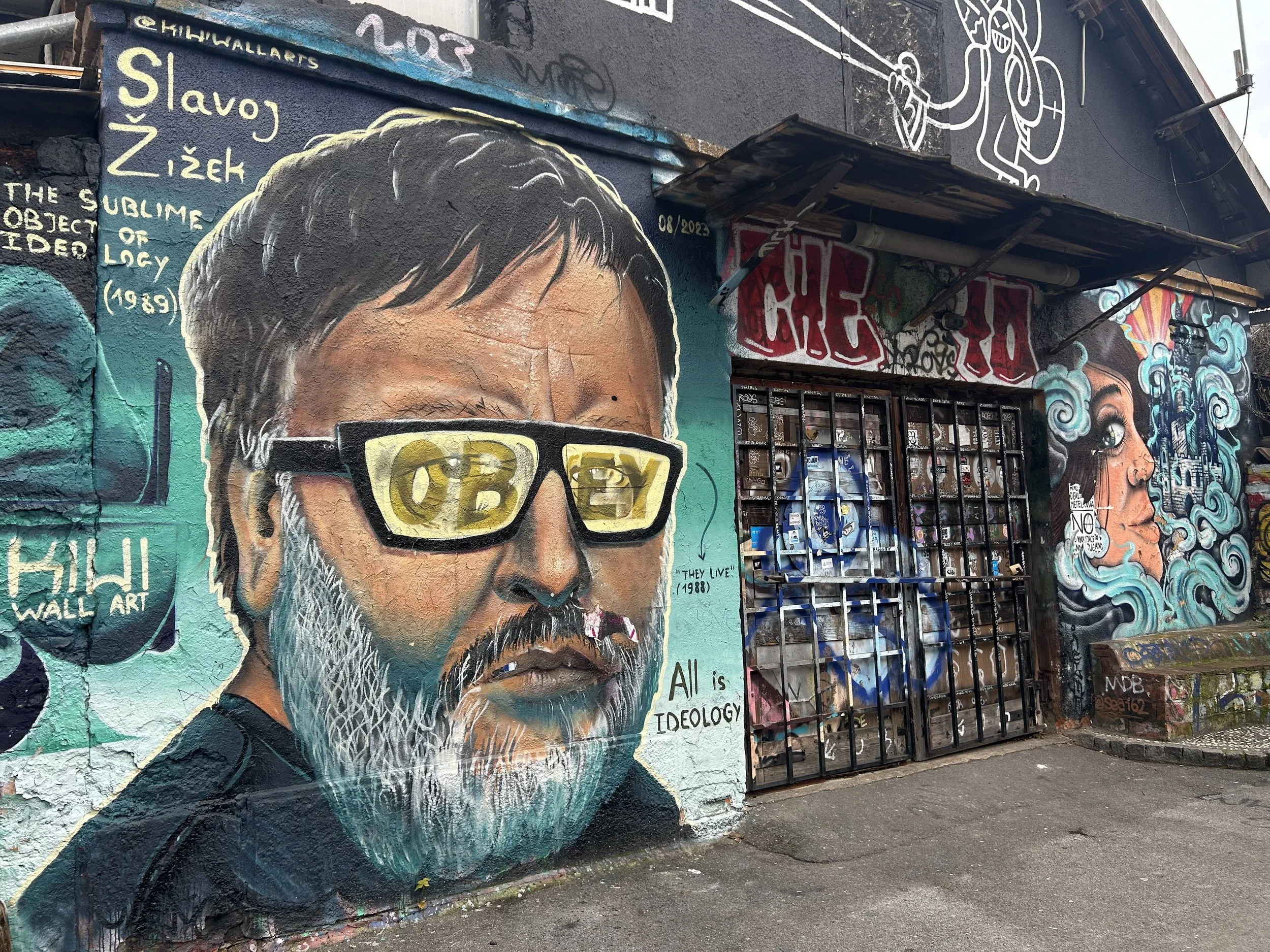
Jodie Childers is a writer and documentary filmmaker based in New York City and Charlottesville, VA. Her interests include 20th-century American studies, cultural McCarthyism, Icelandic literature, and Cold War political rhetoric. Her creative work explores the psychic and environmental effects of extractivism and deindustrialization on Rust Belt Appalachia.
She produced the documentary film The Other Parade, which aired on RTÉ in Ireland. Her documentary feature Down by the Riverside tells the story of Pete Seeger’s environmental legacy and had its world premiere at The Woodstock Film Festival. The film was also an official selection for the Athens International Film & Video Festival, the Capital City Film Festival, and the Berkshire International Film Festival. Her writing has appeared in the Journal of Transnational American Studies, Comparative American Studies, Transatlantica, Resources for American Literary Studies, Jacobin, U.S. Studies Online, The Conversation, The Pittsburgh Review of Books, Boulevard, Middle West Review, The Hopkins Review, Poetry East, Appalachian Reckoning, The AutoEthnographer, the Journal of Working-Class Studies, Feral Feminisms, Portland Review, Slippery Elm, among others.
In 2018, she was awarded the Leifur Eiríksson Foundation Fellowship to pursue independent research and language study in Reykjavík, Iceland. She also received the Dorothy Sargent Rosenberg Poetry Prize, the Himan Brown Award, Second Prize in the Ledge Fiction Contest, two Pushcart Prize nominations, and Honorable Mention in the Glimmer Train Open Fiction Contest. She has also been a finalist for the Tennessee Williams Festival Fiction Contest, the Slippery Elm Poetry Contest, the William Richey Short Fiction Contest, and the International Rita Dove Poetry Award. She holds a Ph.D. in English with a concentration in American studies from the University of Massachusetts Amherst and an M.F.A. in creative writing from Brooklyn College.
She is currently an assistant professor of English at the University of Virginia, where her specialties include writing and documentary film and digital making. She has taught at Tulane University, the University of Massachusetts Amherst, Queensborough Community College, and Brooklyn College.
